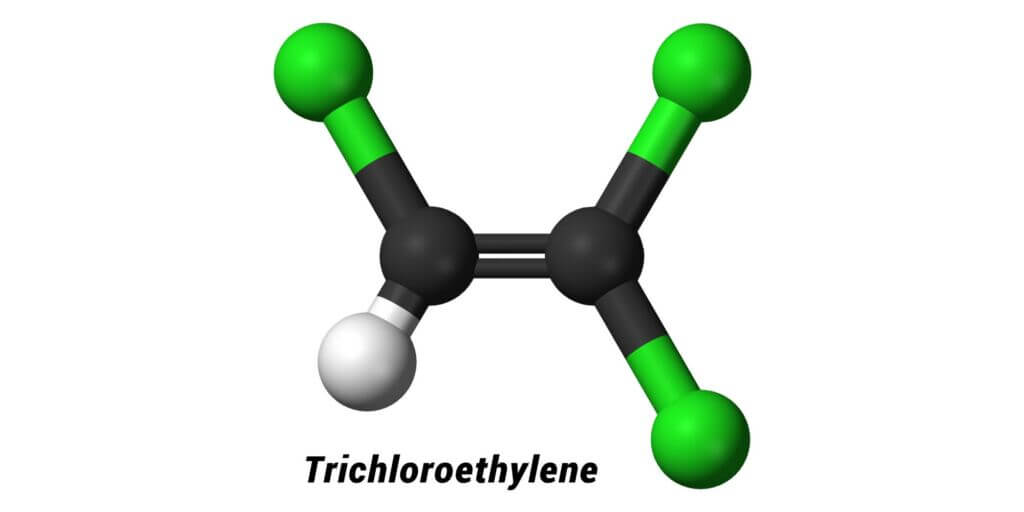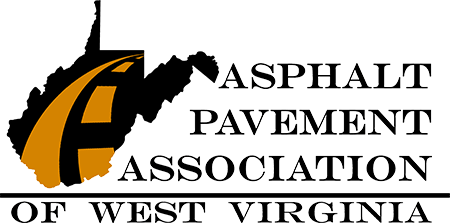EPA to Ban Chlorinated Solvents

In December 2024, the EPA issued a final rule regulating Trichloroethylene (TCE). The rule, when implemented, bans the manufacture (including import), processing, and distribution in commerce of TCE for all uses, with longer compliance timeframes and stringent worker protections for some processing and industrial and commercial uses until the prohibitions come into effect. The rule was originally intended to take effect on January 16, 2025, however has since been delayed until Oct 18.
Trichloroethylene
TCE's main uses have been in commercial and industrial solvents, degreasers and aerosols, however it has been widely used in the asphalt industry in laboratory settings for decades. TCE's ability to readily dissolves asphalt binder has made it a excellent solvent for the use in extraction procedures for asphalt content analysis, as well as extraction of binder from Reclaimed Asphalt Pavements for performance grading of recycled binder.
Unfortunately, TCE is an extremely toxic, carcinogenic chemical known to cause liver cancer, kidney cancer, and non-Hodgkin’s lymphoma. TCE also causes damage to the central nervous system, liver, kidneys, immune system, reproductive organs, and fetal heart defects. The dangers of TCE is exacerbated due to its high volatility, meaning it easily evaporates into the air and TCE's high vapor density(4.5x that of air) allows it to linger in spaces that are not properly ventilated.
U.S. Environmental Protection Agency Rule
Initially extended until June 20, the EPA has now extended the TCE Risk Management Rule implementation another 60 days, now with effective date of August 19. This means all provisions of the rule are similarly extended including employee exposure assessment, now required by October 18.
NAPA reported in a June 6th article that while the rule will eventually go into effect, there is a laboratory exemption, stating;
While there is a critical laboratory use “exemption” for some of the chlorinated solvents, over a specified time-period, any use of these solvents must follow EPA’s Risk Management Rules specifying conditions of use (CoU) that include a workplace chemical protection program (WCPP) ensuring occupational exposure is below EPA’s finalized existing chemical exposure limits (ECELs), which for trichloroethylene (TCE), are 500 times lower than OSHA’s current Permissible Exposure Limit (PEL).
These limited workplace exemption will eventually be phased out over a longer period and the ban will affect these areas as well.
West Virginia History with TCE
Fortunately for West Virginia, the WVDOH's implementation of the ignition furnace back in the late 1990s ceased much of the use of TCE within WV's asphalt industry. Until around the mid 2010s, this left a spattering of emulsion and PG binder tests still utilizing TCE, at such time the WVDOH moved to alternative solvents or procedures to fulfill their needs and ceased the used of TCE as did many suppliers.
Regardless of WV's limited use, some surrounding states may still utilize TCE for asphalt extraction procedures and if the ban is finalized, asphalt producers, testing laboratories, and contractors will need to find alternative solvents and cleaning agents that meet both performance and safety standards. In the meantime, if you are utilizing TCE it is recommending to reviews EPA's compliance requirements within their TCE Risk Management Rule.
Similarly, on May 27, 2025, the EPA proposed an 18-month compliance date extension for its Methylene Chloride Rule, which was intended to go into effect on May 5.
Past Posts
Register Here We hope you are planning to join us for our 42nd Annual Fall Meeting on October 10 – 13, 2024, at The Resorts…
Joined by nearly 100 attendees the Women of Asphalt West Virginia Chapter (WofA-WV) welcomed Governor Jim Justice at their 2nd annual luncheon held at the…
WVDOH has released the Asphalt, Concrete and Fuel price adjustment indices for the month of August 2024 as shown below.
Period – 8/1/2024
#2 Fuel (Gal) – $2.5364
Asphalt (Ton) – $595.00
Cement (Ton) – $199.21
Historical and individualized information can be found at: https://www.asphaltwv.com/index/
On July 23, 2024, WVDOH released a message on Bid Express outlining changes to the change orders approval process. Beginning with projects let with the…
The WVDOH announces its August Specifications Committee meeting, which is scheduled for Wednesday, August 7 at 9:00 a.m. at the WVDOH Building 5 Conference Room…
The WVDOH Materials Procedures (MP) Committee’s next meeting will be held in person on July 24 at 10:00 a.m. at the CAWV office located at…
WVDOH has released the Asphalt, Concrete and Fuel price adjustment indices for the month of July 2024 as shown below.
Period – 7/1/2024
#2 Fuel (Gal) – $2.4369
Asphalt (Ton) – $597.00
Cement (Ton) – $196.78
Historical and individualized information can be found at: https://www.asphaltwv.com/index/
The West Virginia Division of Highways is implementing the Civil Rights and Labor (CRL) module functionality within the AASHTOWare Project™ software platform. Please be advised…
The Women of Asphalt – West Virginia is set to host a luncheon featuring West Virginia Governor Jim Justice at the newly renovated Waterfront Hall overlooking the Ohio River in…
The West Virginia Department of Transportation/Division of Highways has release its 2025 scheduled project lettings dates. Traditionally, WVDOH hosts lettings on the second Tuesday of…
